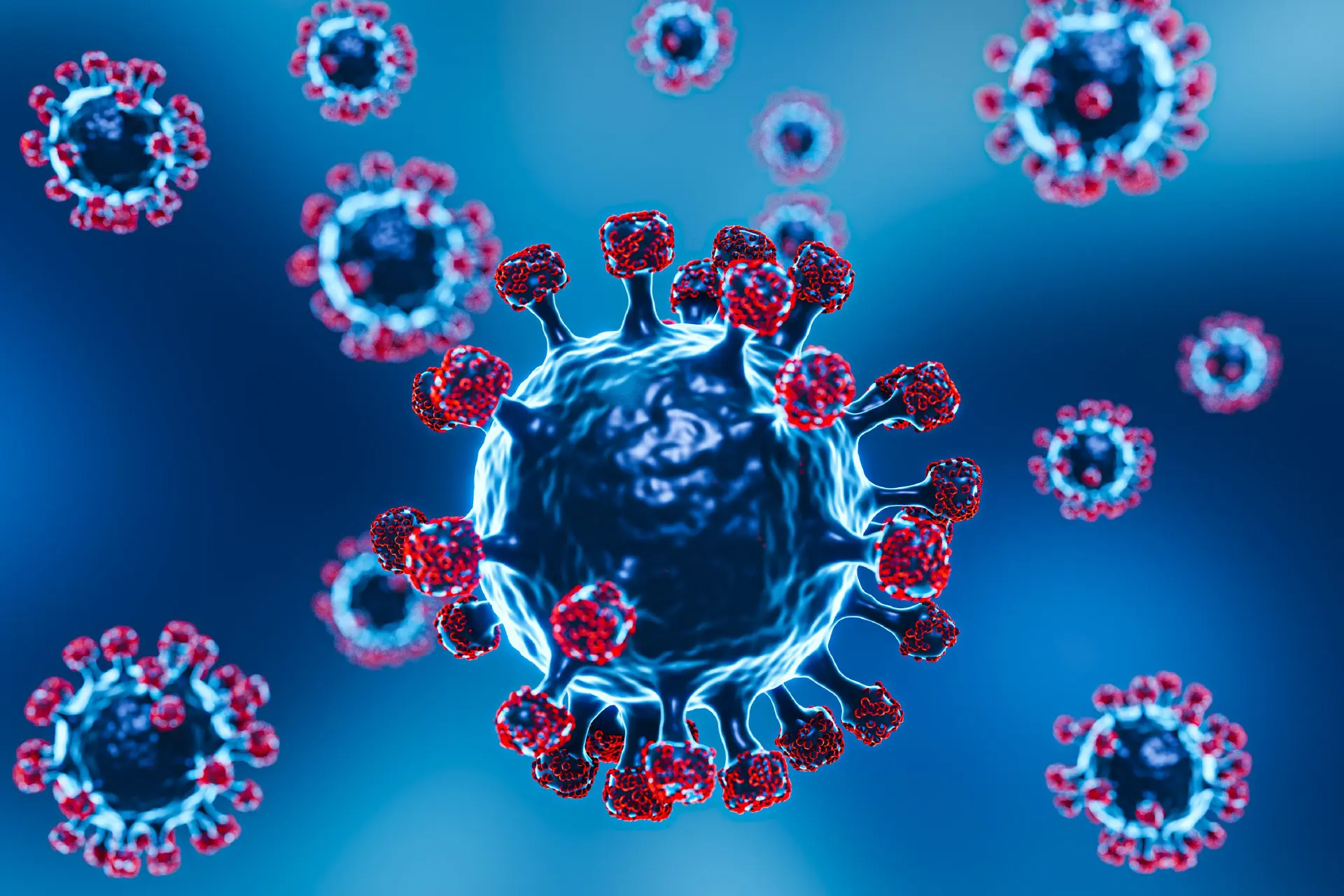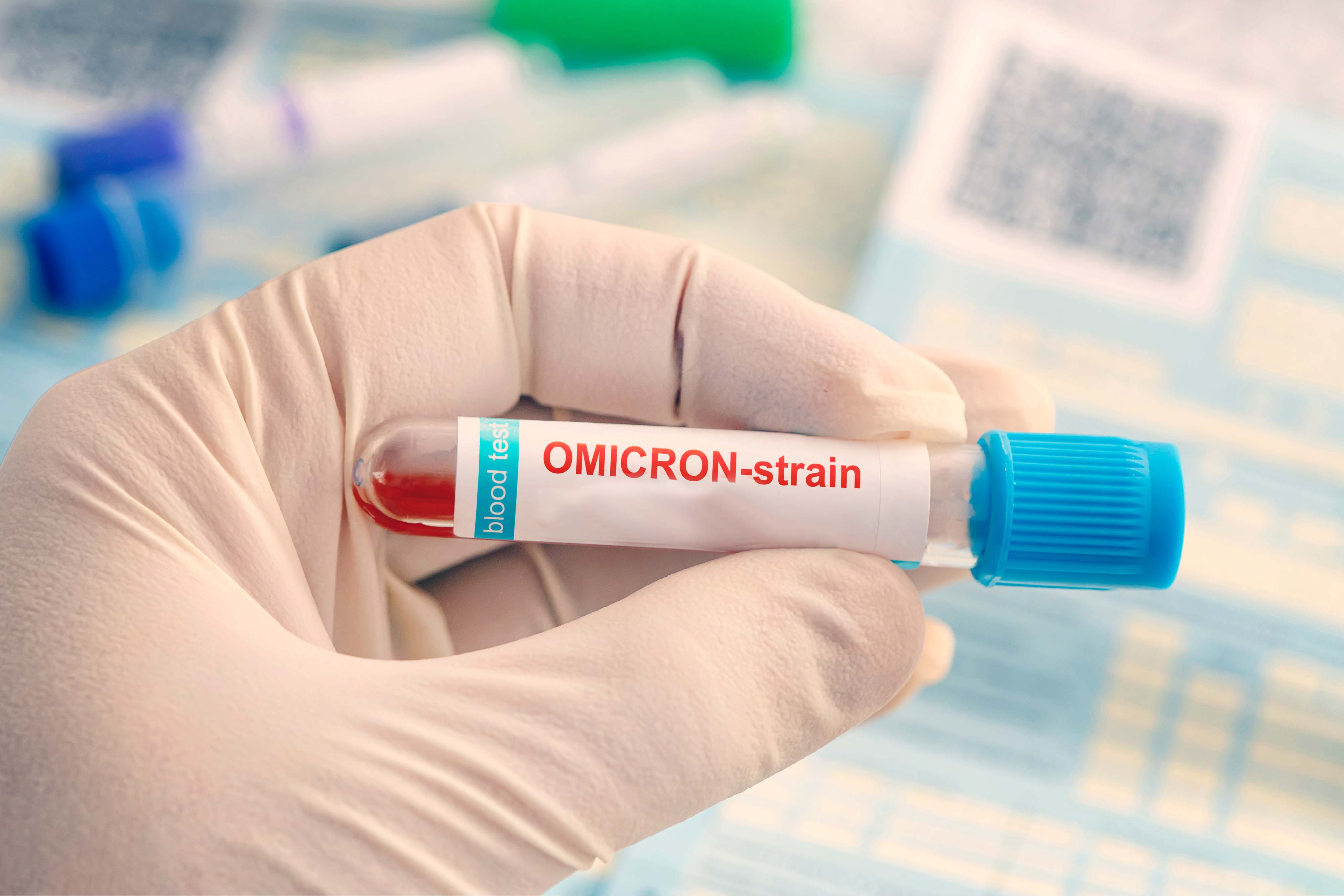Covid | 5 min read
Brain Fog After COVID-19 Treatment: Here Are 4 Important Things You Need To Know
Medically reviewed by
Table of Content
Key Takeaways
- Brain fog after COVID-19 treatment can last for weeks or even months
- Brain fog symptoms include headaches, confusion, and memory issues
- Social activities and sleep can help clear COVID-19 brain fog after recovery
COVID-19 infection can cause you to experience a number of symptoms. From fever, cough, to shortness of breath and fatigue, the signs are quite well-known. Apart from these, you may also experience COVID-19 brain fog treatment or during the treatment. Brain fog is one of the neurological symptoms of COVID-19 infection. Reportedly, 25% of the people with COVID-19 experience neurological symptoms like brain fog [1].
It is thought that there are both psychological and physiological factors that can cause brain fog. A study concluded that people who had COVID-19 showed increased levels of cytokines in the fluid that surrounds the brain [2]. Cytokines, produced by your immune system, encourage inflammation which may cause cognitive impairment. Since brain fog is not a condition but rather a symptom, there are no cures that clear brain fog instantly. But you can manage brain fog after covid treatment by taking some measures. Read on to know answers about some common questions about brain fog after COVID-19 treatment.
Additional Read: After Recovery From COVID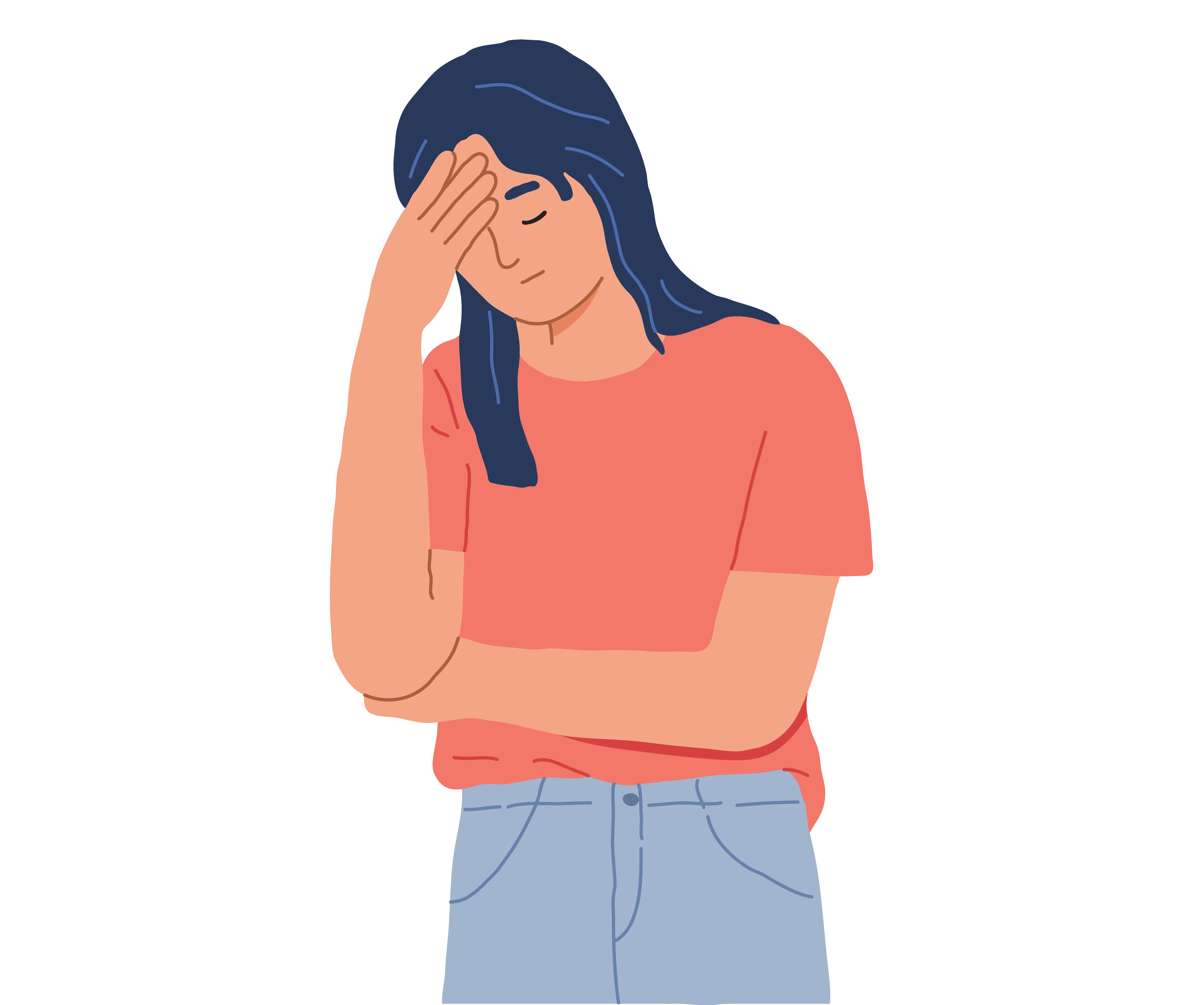
What does COVID-19 brain fog feel like?
It is a general term to describe being mentally fuzzy, spaced out, and slow. Common brain fog symptoms may include the following:
- Lack of clarity
- Confusion
- Headaches
- Memory issues
- Inability to concentrate
- Feeling zoned out
You may experience this disease even after your other COVID-19 symptoms have gone and your treatment is complete.
How long does brain fog last after COVID--19?
The duration of brain fog post COVID-19 is unclear. Some people experienced brain fog for weeks, or months even after the respiratory symptoms were gone. A study found that 28% of the people had COVID-19 brain fog after recovery that continued for 100 days [3].
Apart from that, 55% percent of people in a group of 60 COVID-19 patients also showed neurological symptoms. These symptoms lasted for 3 months after recovery and included:
- Headaches
- Fatigue
- Mood changes
- Visual disturbances
- Disruption to functional and microstructural brain integrity
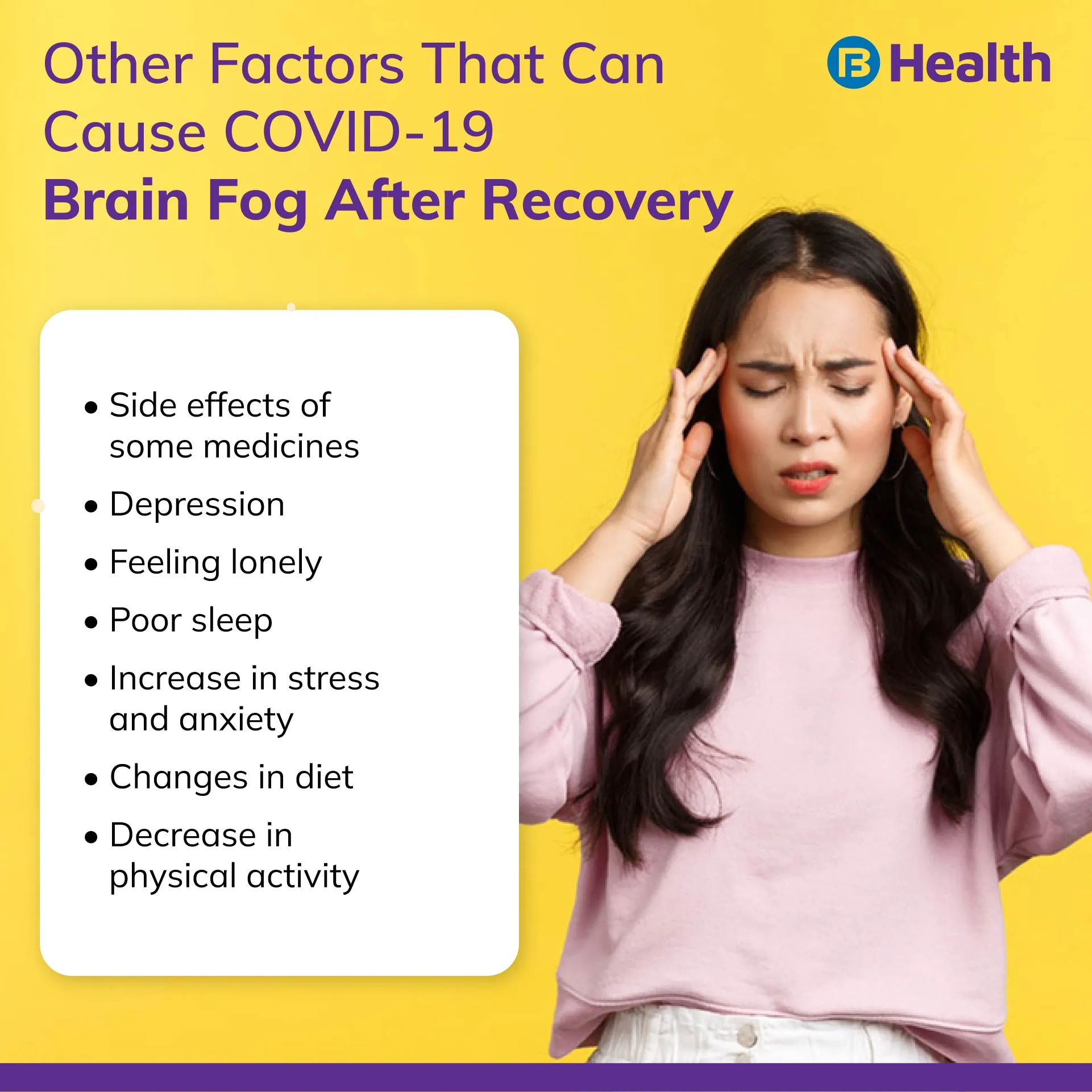
How to treat COVID-19 brain fog?
Currently, there are no medicines or supplements for COVID-19 brain fog treatment. The best way to get help is talking to a doctor immediately. You need to inform a doctor about all your symptoms. These symptoms may include numbness, tingling, weakness, loss of taste and smell, and more. Don’t forget to mention other symptoms like palpitations or shortness of breath. Making sure that your doctor knows all of your symptoms will help form a treatment plan that will work best for you.
A recent study found that brain stimulation can also help in the treatment of it caused by COVID-19 [4]. It works by increasing the blood flow with the help of microcurrents. This can help treat symptoms of vision loss, fatigue, and cognitive impairment.
What helps with COVID-19 brain fog?
Can you recover from COVID-19 brain fog? Yes. With some changes in lifestyle habit and adapting healthier habits, you can recover from this disease. You can adapt the following healthy habits that help clear brain fog after COVID-19 treatment:
Get back to physical activities
After recovering from COVID-19, it is important go get started with physical activities. You can begin it with mild workouts which can help avoid adding strain to your brain and body. Start off by doing exercises for 2-3 minutes few times in a day.
Maintain a healthy diet
A healthy diet is especially important during and after recovery from COVID-19. It helps ensure that you get all the necessary nutrition and do not have a deficiency. It can include fruits, vegetables, olive oil, beans, nuts, and whole grains. These are also beneficial in improving your brain health.
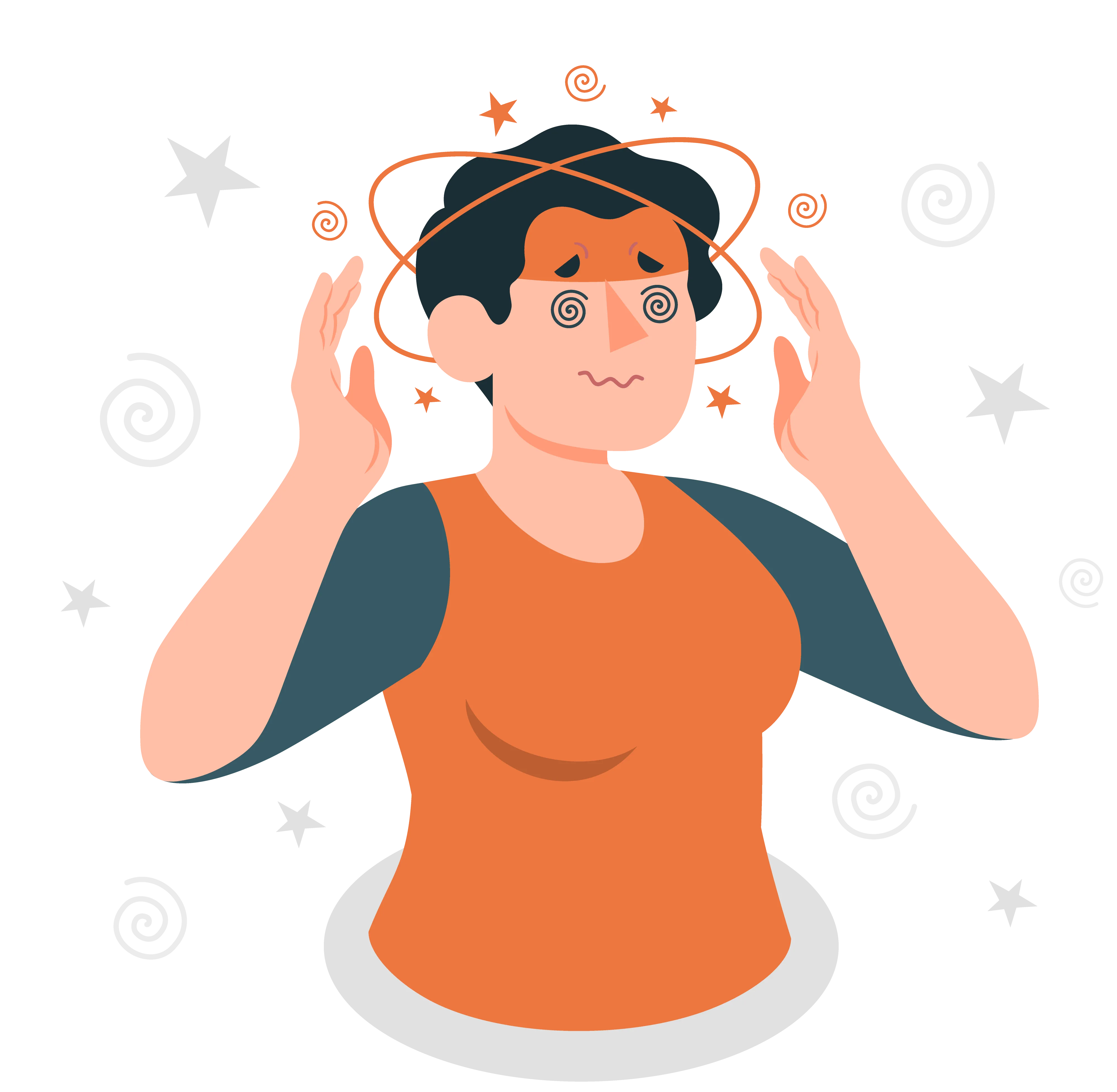
Get proper sleep
Sufficient rest is essential for your body to recover and function properly. When you are asleep, your body and brain can clear out the toxins and start the healing process. This is why it is important to sleep 7-8 hours a day.
Make time for socializing
Being social is important for your overall cerebral health. When you do social activities, it can uplift your mood, and boost your memory and thinking too. You can start off with any social activities that you feel comfortable with.
Avoid harmful substances
Alcohol and drugs are some substances that can have adverse effects on your brain health. During recovery, it becomes especially important to avoid these so that your brain can heal properly.
Apart from the above, you can also ensure that you do activities that improve your cognitive ability. You can try reading a novel, listen to music, practice mindfulness and more to keep your brain cells active.
Additional Read: Evusheld: Latest COVID-19 TherapyNow that you know about brain fog symptoms, causes, and what to do after COVID, be sure to take necessary measures. If your brain fog is persistent or if you have any other questions, talk to a doctor. You can book a doctor consultation on Bajaj Finserv Health in minutes. With an expert’s guidance, you can start your journey towards recovery from COVID-19 brain fog. Also, you can choose from the affordable test packages to stay on top of your health. This way, you can ensure that none of your health concerns take a back seat and you lead a healthier life.
References
Disclaimer
Please note that this article is solely meant for informational purposes and Bajaj Finserv Health Limited (“BFHL”) does not shoulder any responsibility of the views/advice/information expressed/given by the writer/reviewer/originator. This article should not be considered as a substitute for any medical advice, diagnosis or treatment. Always consult with your trusted physician/qualified healthcare professional to evaluate your medical condition. The above article has been reviewed by a qualified doctor and BFHL is not responsible for any damages for any information or services provided by any third party.

